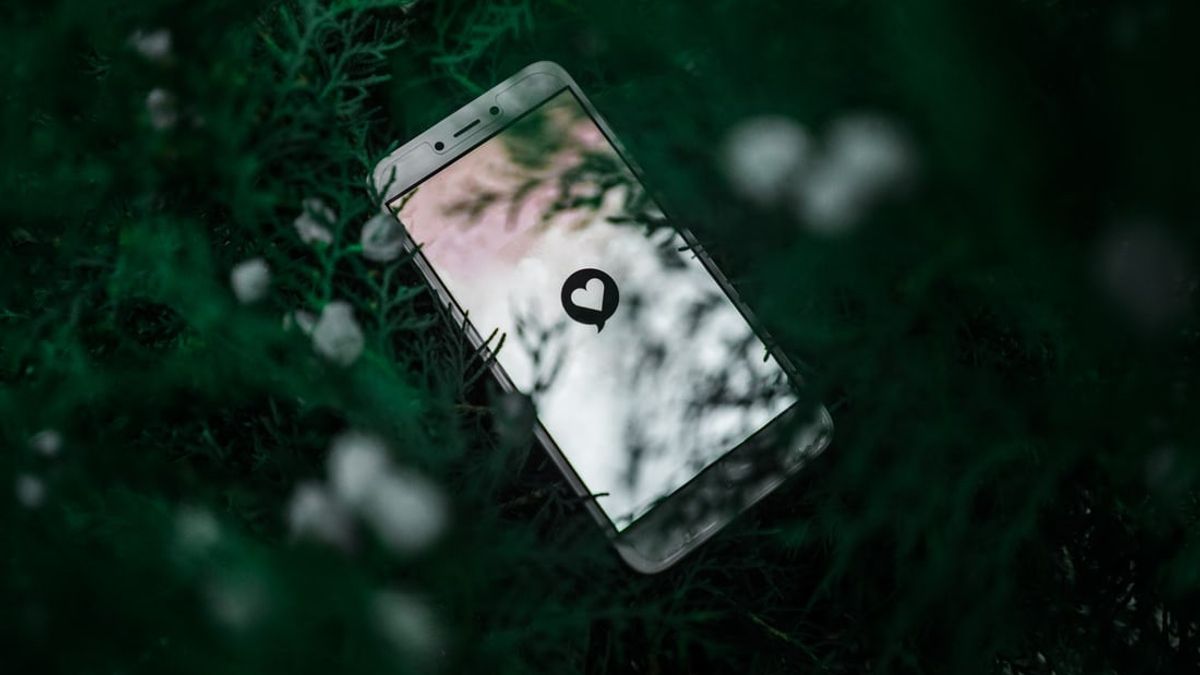JAKARTA - People often don't pay attention to how much information they share online, especially in terms of online dating. Because looking for a relationship requires opening up about your personal life in order to build a compatibility.
Unfortunately, this sharing of information has led some users to fall for digital threats, such as doxing, the collection and public exposure of personal data online.
Cybersecurity firm Kaspersky, reported that intensive fraudulent activity could encourage users of online dating apps and sites to protect personal data and ensure their digital privacy is secure.
The use of dating apps has exploded over the last few years. Like Tinder which hit a record three billion swipes in a single day in March 2020, while OkCupid claims to make 91 million matches every year.
But a recent Kaspersky study found more than half (55 percent) of respondents fear being stalked by someone they meet online, while every six dating app users (16 percent) have been doxed.
Many of these apps now require users to register their accounts via social networking sites, which automatically fill in profiles with photos and personal information. This data makes it easy for would-be doxers to find users online and get information about them.
This has made the drive to protect personal data even stronger and as a result dating apps have become more secure. According to Kaspersky research, the five most popular dating apps have upgraded their encryption protocols and are starting to pay more attention to user privacy.
However, this problem is not always related to publicly available personal data. Year after year, Kaspersky researchers observe intensive fraudulent activity around Valentine's Day and this year was no exception.
In addition to impersonating popular dating apps to collect personal information from victims, cybercriminals have started spreading emails claiming to be women looking for a partner.
The scheme takes the form of an e-mail with a link to a phishing page impersonating a dating website profile and asking people to complete a form with their personal preferences for a future partner.
Lastly, users are asked to add their banking credentials. Of course, victims end up losing their data and money, and not getting a chance to meet new people.
“Dating apps open up millions of possibilities for people looking for a partner. However, all information stored online can be retrieved by fraudsters, cybercriminals and irresponsible people. In addition, cybercriminals are quickly taking advantage of this channel for financial gain," said Anna Lakina, security expert at Kaspersky.
To address this risk, Kaspersky has detailed the following steps that people can follow in order to safely enjoy online dating.
Don't link Instagram (or any other social media account) to a dating app profile. It provides too much potentially useful information about you. Do not share phone numbers or other messaging apps. Dating apps strongly recommend sticking with their default messaging platform, and it's wise to do so until you trust the person you're interacting with. Cybercriminals might be trying to lure in some personal data, so be careful if your partner asks you to install an app on your phone, visit a certain website, or start asking questions about, say, your favorite teacher or first pet (general website security questions). ). This information can help someone steal your money or your identity. Be wary of bots that may lure and lure you into giving away money or personal data. They are always automatic, if in the middle of an interesting chat the person doesn't reply to your question appropriately, it can be assumed that you are talking to a bot. If possible, try changing the settings within the app so that you'll only show your profile to people with potential matches. That way, the whole world can't see your data. Narrowing down the view to a limited number of people lowers the chances of your information falling into the wrong hands.The English, Chinese, Japanese, Arabic, and French versions are automatically generated by the AI. So there may still be inaccuracies in translating, please always see Indonesian as our main language. (system supported by DigitalSiber.id)











